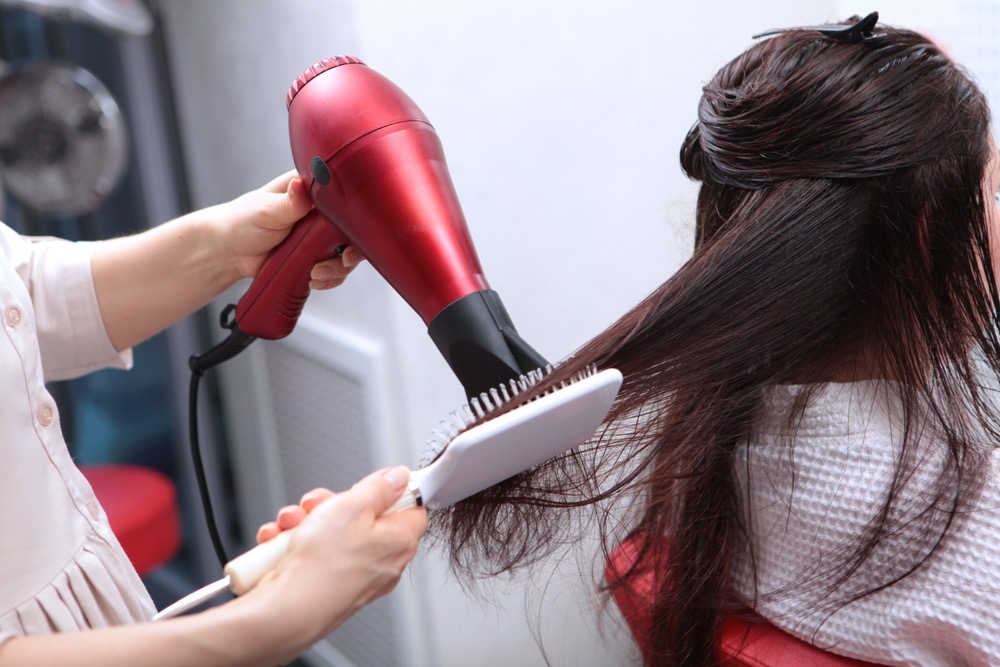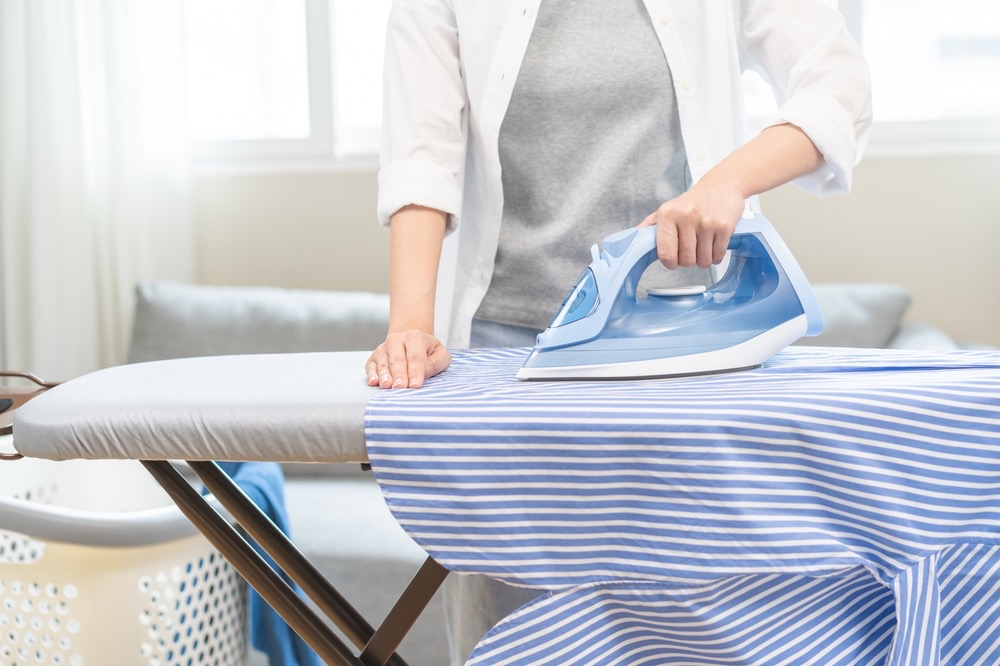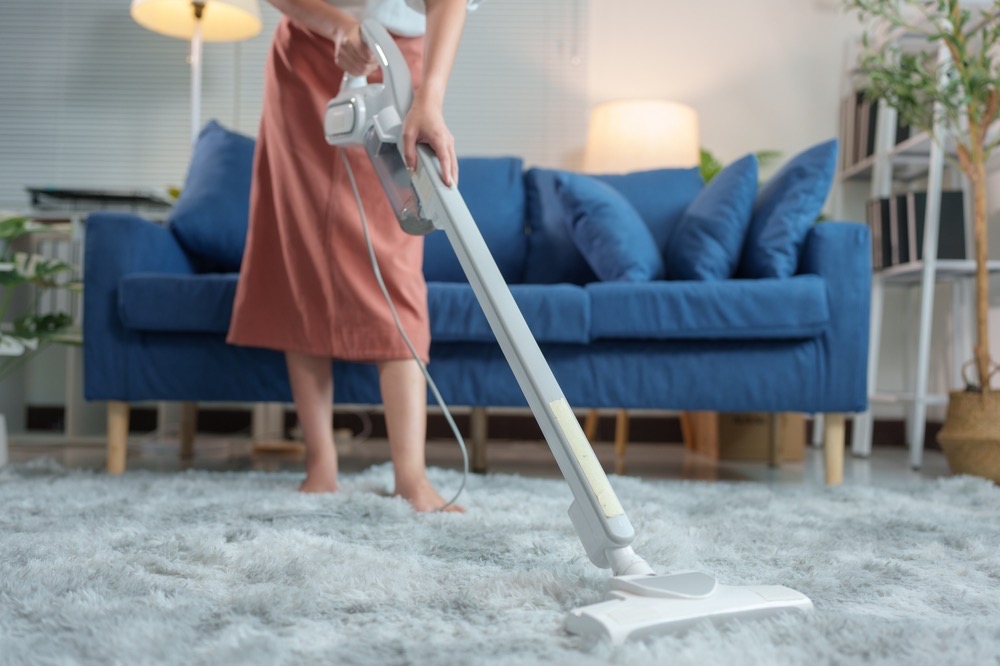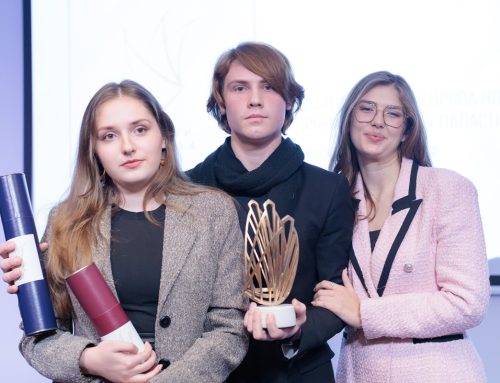Every household in Serbia—around two and a half million in total—has at least one vacuum cleaner. Including hotels, salons, and commercial facilities, the number reaches around three million vacuums in daily use. Add to that an equal number of hair dryers and irons, and we end up with an “army” of nearly ten million electrical appliances in daily use! How safe are they, and what guarantees do consumers have that new devices will work properly? These are important questions for every buyer.
Prices for these devices are no longer as high as they used to be, so most consumers, when their hair dryer stops working or their iron breaks down, simply buy a new one. In Serbia, the responsibility for checking the “potential safety defects” of electrical products lies with market inspectors, who sometimes take on the role of a “mystery shopper” during inspections.
Mystery Shopping: A Market Surveillance Tool
Mystery shopping is a technique used in market surveillance where inspectors (without revealing their identity to the sellers) purchase selected products from various stores—small shops, shopping malls, e-commerce platforms—and then take them for rigorous testing. During mystery shopping, the inspector acts like any regular customer, choosing and paying for the product before thoroughly assessing its reliability and potential risks.
The purpose of this market inspection technique is to confirm the safety and compliance of products with prescribed standards, thus preventing inconveniences, accidents, or even serious injuries to consumers.
One of the main advantages of mystery shopping as an inspection method is that it provides an additional tool to ensure product safety and more effectively protect consumers from potentially unsafe products. This is particularly important for electrical devices, so the first phase of such inspections in Serbia focused on vacuums, hair dryers, and irons.

EU Support for Consumer Protection
With support from the European Union through the “EU for the Internal Market” project, inspectors from the Ministry of Internal and Foreign Trade acted as “secret buyers,” purchasing dozens of these devices from various retail outlets. Afterward, they conducted thorough safety tests that are carried out in an accredited laboratory.
In March 2025, a workshop dedicated to analyzing field experiences and results from mystery shopping conducted by market inspectors took place in Belgrade. The event brought together experts, inspectors, and representatives from Serbia’s regulatory bodies, offering practical exercises and analyzing best practices. The project aims to improve market surveillance procedures and consumer safety in Serbia by adopting the best practices from the EU.

“Improvements in the conditions of the market, ultimately impact on consumers, let’s better call them citizens, on the expansion of their rights, welfare and safety. And this is the greatness of what you do. Enhancing market conditions allow the citizens to choose from a wider variety of safe and protected products, ultimately improving their quality of life” said Inma Zamora, Team Leader of EU4IM.
Improving Market Safety and Competitiveness
According to statistical data, Serbian citizens spend an average of around 15 euros per month on household appliances. This method of mystery shopping and safety inspection is carried out in line with EU standards and practices to ensure that products on the Serbian market can be freely traded with those from any EU country while maintaining the same quality and safety guarantees.
By adopting the best EU practices, Serbia not only enhances consumer safety but also fosters a fairer and more competitive market, ensuring that businesses operate under equal conditions and that consumers can trust the products they buy, just as consumers do throughout the European Union.




